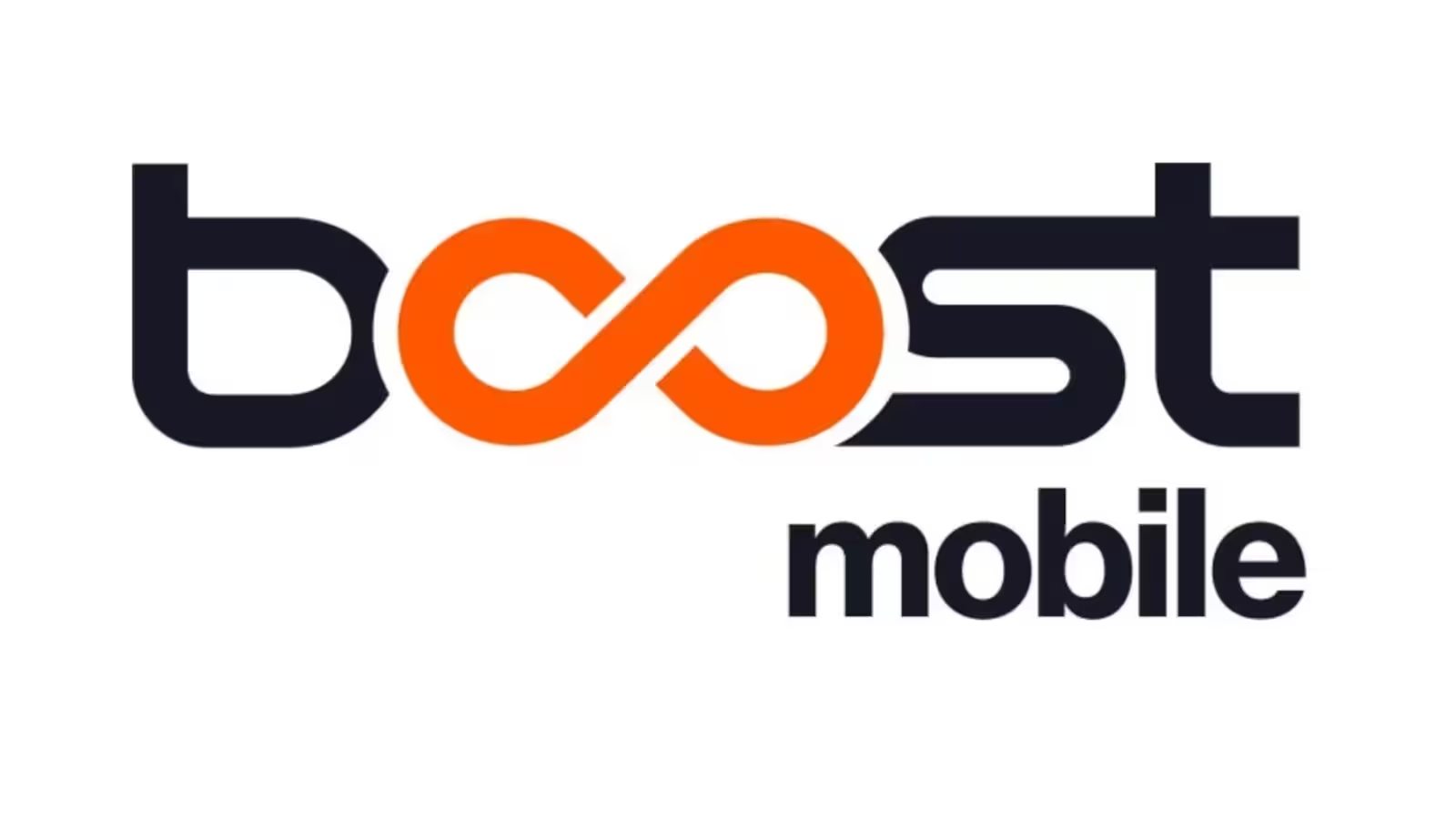5 Minutes
EchoStar Avoids Default, Eyes Strategic Moves Ahead of Key Q2 Results
EchoStar Corporation is making headlines this week as anticipation builds around its crucial second-quarter earnings report, which could bring significant developments for Boost Mobile and reshape the competitive landscape of the U.S. wireless sector. In a positive turn, EchoStar's Dish segment narrowly sidestepped a debt default by making overdue interest payments just before the grace period expired, as revealed in the company’s recent 8-K filing with the SEC. Timely payments on its 7.75% senior notes due 2026 and 7.375% senior notes due 2028 have temporarily eased concerns among investors about the company’s financial stability.
However, EchoStar’s regulatory and strategic challenges are far from over. The company remains “focused on resolving the concerns raised by the Federal Communications Commission (FCC),” especially as it pertains to its nationwide network obligations and spectrum utilization.
FCC Scrutiny: 5G Deployment and Spectrum Utilization in Focus
Regulatory Pressure on 5G Milestones
The FCC, led by Chairman Brendan Carr, has two major points of contention with EchoStar. The first issue dates back to the completion of the T-Mobile/Sprint merger, where the FCC required the emergence of a fourth facilities-based wireless competitor. Dish Network stepped into this role by acquiring Boost Mobile and committing to build out a standalone 5G network. When EchoStar bought Dish at the end of 2023, these sprawling obligations transferred as well.
Under the terms set by the FCC, EchoStar/Dish faces two remaining 5G network performance tests, now delayed until 2026 and 2028. In a recent letter, Chairman Carr threatened to move these deadlines up, which, if enforced, could trigger a $2.2 billion “voluntary contribution” to the U.S. Treasury—funds EchoStar is currently unable to spare. This tension has led the FCC to initiate formal enquiries into the pace and scope of EchoStar’s 5G network deployment, with particular focus on Boost Mobile’s progress and market impact.
2GHz Spectrum Controversy and Industry Comparisons
The second regulatory challenge centers on EchoStar’s significant holdings within the 2GHz spectrum band. Despite these valuable airwaves being key to wireless innovation and connectivity, the company has left much of its spectrum unused. Chairman Carr recently criticized Dish for harboring, rather than deploying, vast spectrum resources—effectively slowing industry progress just as the FCC seeks to maximize value from available frequencies.
This unused spectrum has drawn attention from big technology players, with industry rumors suggesting Elon Musk’s SpaceX is eyeing the 2GHz band for enhanced satellite-to-mobile communications, a move that could pressure EchoStar to monetize its holdings sooner rather than later. Comparatively, wireless leaders like Verizon, T-Mobile, and AT&T have aggressively deployed spectrum to strengthen their 5G offerings, putting EchoStar’s strategy further under the microscope.
Boost Mobile: Signs of a Promising Turnaround
Amidst these challenges, there is a glimmer of optimism for Boost Mobile, EchoStar’s wireless brand. After suffering subscriber losses since its acquisition by Dish—dropping from 9.4 million to 7.2 million—a shift may be occurring. Boost Mobile delivered a net gain of 150,000 wireless subscribers in Q1 2025, a notable reversal from the 81,000 net loss posted in the same period last year. The momentum began in late 2024 when Boost added 90,000 customers in Q4, breaking a negative trend and raising hopes for a sustained recovery.
The upcoming Q2 earnings release is particularly critical. According to New Street Research analyst Philip Burnett, EchoStar could provide more clarity on its strategic direction, especially regarding potential spectrum sales to industry giants Verizon, T-Mobile, and AT&T. Such moves would not only relieve financial pressures but also potentially accelerate 5G innovation across the sector.
Use Cases and Market Relevance
Boost Mobile’s resurgence, if confirmed by the Q2 data, could restore its position as a competitive force among value-focused wireless carriers. This is crucial for maintaining market balance and promoting affordable access to advanced 5G technologies for everyday users—a key objective from the original Sprint merger conditions. Additionally, if EchoStar successfully monetizes its underutilized spectrum, the overall U.S. wireless market stands to benefit from expanded network capacity, improved rural coverage, and faster technology roll-outs.
Strong Market Reaction as EchoStar Stabilizes
Investor anxiety about a possible EchoStar bankruptcy was quickly soothed this week. As soon as the SEC filing confirmed the July 1st interest payments, EchoStar shares surged by $3.31, or 11.2%, ending Wednesday at $32.82 and hitting a new 52-week high of $34.20 earlier in the session. The robust rally not only signals investor confidence but also highlights the high stakes and intense interest around the company’s strategic moves in the digital innovation arena.
What’s Next?
With Friday’s Q2 financial release on the horizon, all eyes are on EchoStar. The results could herald a striking pivot for Boost Mobile and potentially unleash a new wave of spectrum deals and wireless market innovation. For technology enthusiasts and professionals tracking digital transformation in telecoms, EchoStar’s next steps will be essential reading.
Source: phonearena


Leave a Comment